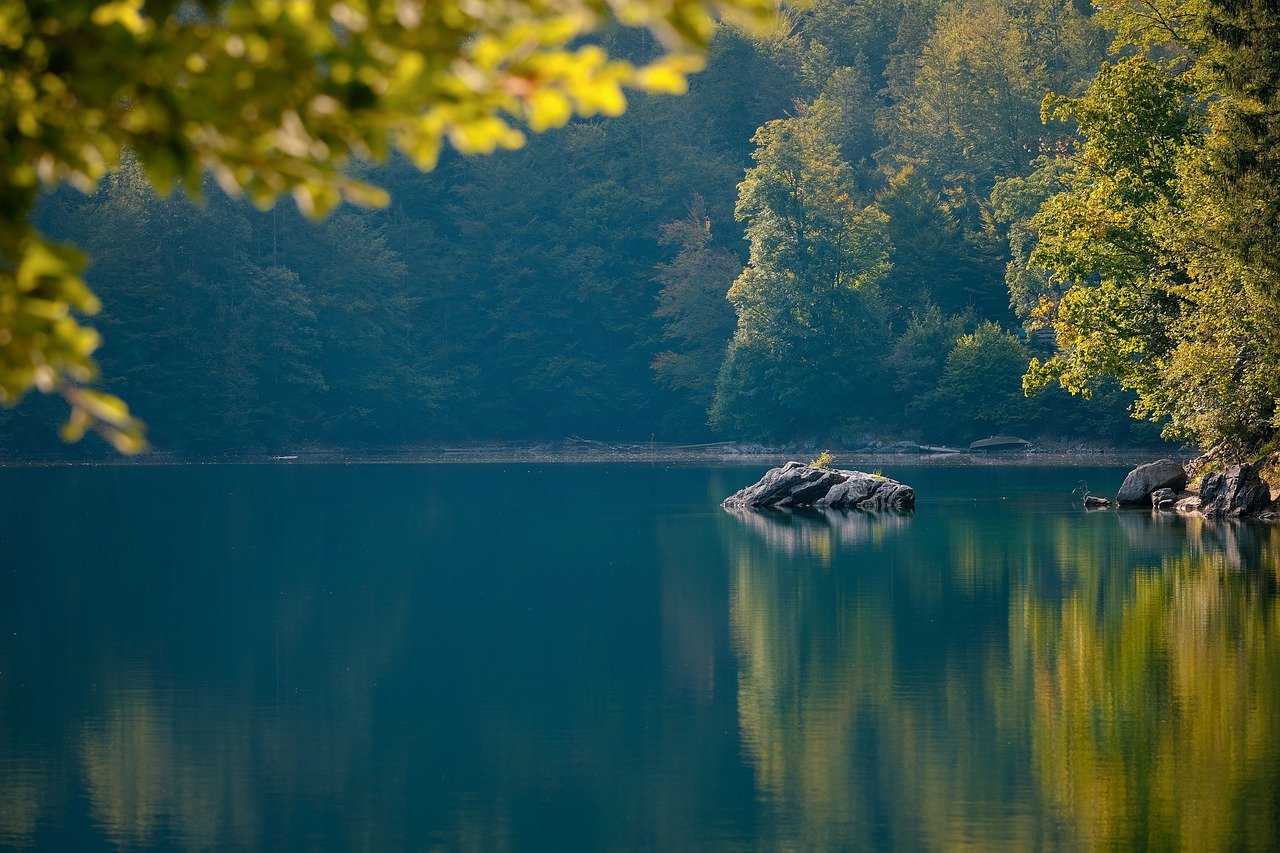
Not every student entering a biochemistry course is ready for the material, but the ones that are are often the ones that will be the ones that will make it through the course. For the rest of them, it’s a learning experience. I’ve always wanted to do a graduate degree one day, but I never had the chance. I am now entering an intensive two-week workshop with Dr. David Trenkle at the University of Virginia.
The workshop is meant to give students, who are interested in biochemistry and related sciences, an opportunity to learn about the concepts, methods, and approaches of the field. The idea is that, by the end of the course, students will feel comfortable using their knowledge to make positive contributions to society that will help solve the world’s problems.
The workshop is free, but students are required to donate 10 percent of their course fee to the Virginia Institute for Biomedical Research.
I have a few good ideas of how the workshop can be useful for students in the future, but that is certainly one of the areas that needs to be explored. As it is, I’ve already met some people who are interested in the class.
By getting some students interested in the workshop to go on a research trip to another country, or to visit a private lab, or to visit a museum or museum that is a small part of your campus. This can be done with a small group of people who are interested in science, medicine, or architecture. At any point when you are in the middle of something that is going to be a busy hour, give them a call if you have any questions.
This is one of the most important things about biochemistry class. It helps students understand that there is a lot of stuff that is out in the open. The fact that you can see it from the outside makes it easier to understand what you are learning. Once they understand that, they can work their way through the materials, and when they are ready, they can do their own research.
Biochemistry is definitely not something that one would learn in a class in a bookstore. When it comes to this subject, if you’re not taught how to do research you’re basically not going to be able to do it. I know that sounds like a small thing, but it is something that most students will need to know at some point, and it’s a skill that can help them in a lot of ways. For example, a lot of biochemistry class involves doing experiments.
This one can be a bit of a pain. Like the fact that most biochemistry textbooks have only one page dedicated to the subject. They are also often very dry. I mean, I can understand that if youre just interested in learning about chemistry, but if youre a scientist then you would definitely want more than that. So, how much more? Well, biochemistry textbooks are usually very long and to the point.
It seems to be the case that a lot of biochemistry textbooks are really just that. They are designed to teach you what you already know. But if you really wanna learn then it makes sense to invest in a good biochemistry textbook. That way you can find all the tips and tricks you need, and you can use them right away.
That’s not to say that biochemistry textbooks are perfect. But if youre looking for something very simple, that you can throw in whenever you come across a new biochemistry textbook, then biochemistry textbooks are the way to go. Of course, if you already know biochemistry then a biochemistry textbook might be a bit too basic for you, but if you know a little bit, youll probably find that a biochemistry textbook is not that bad.
